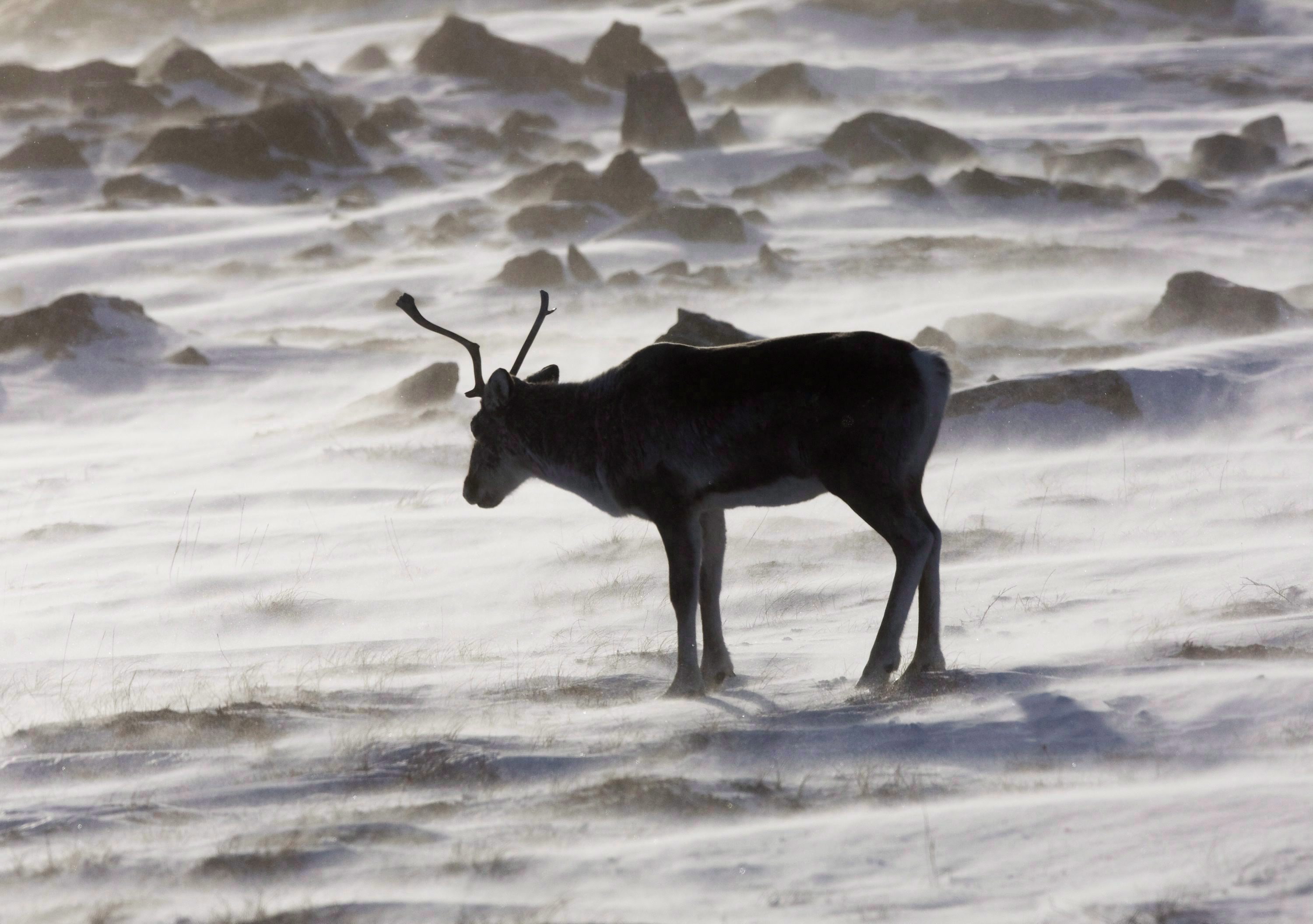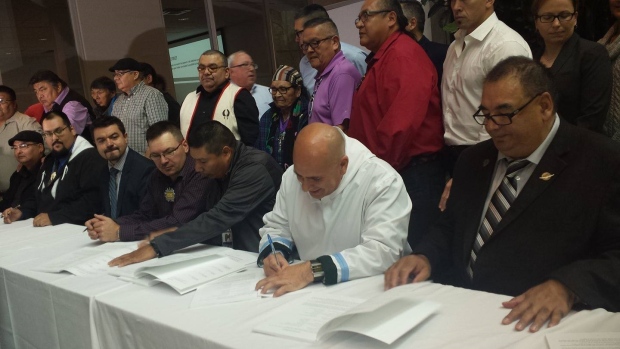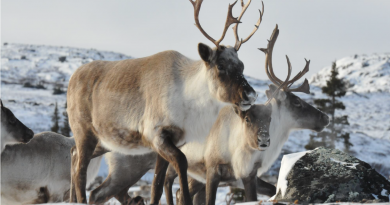Indigenous groups prompt Canadian province to reconsider caribou designation

An Atlantic Canadian province is putting off a decision to list regional caribou herds as endangered after pushback from Indigenous groups in the region.
“No approach to the recovery of Labrador caribou herds can be successful without the full support and cooperation of Indigenous governments and organizations,” said Gerry Byrne, Newfoundland and Labrador’s minister of Fisheries and Land Resources in a news release on Tuesday.
“We appreciate the importance of having continued conversations and taking the time necessary to review and consider the information available, gather additional information and ensue our actions reflect our long-term commitment to the recovery of the caribou herds.”
Mysterious decline
The fate of George River and Torngat Mountains caribou herds have preoccupied regional and Indigenous governments in the region for years. Herd populations have been declining but nobody understands exactly why.
The most recent census of the George River Caribou Herd was done in July 2017 by biologists from the Newfoundland and Labrador Government and from the neighbouring province of Quebec. They found that herd population was down to 8,938 from the 2014 census numbers of 14,200.
In the early 1990s, the population was estimated at approximately 800,000 animals.
Controversial issue
The Committee on the Status of Endangered Wildlife in Canada (COSEWIC), which advises Canada’s ministry of Environment and Climate Change, recommended in 2017 that the George River and Torngat Mountains Caribou Herds be listed as endangered under the provincial Endangered Species Act.
But some Indigenous groups in the region, who rely on the herds for food, say the decision was made without their input or traditional knowledge.
No one from the Nunatsiavut Government, the Inuit self-governing region of Newfoundland and Labrador, was available for comment on Wednesday.
But in a news release earlier this month, Nunatsiavut’s minister of Lands and Natural Resources, Darryl Shiwak, said the endangered designation would hurt, not help, herd sustainability.
“We have asked the Minister to take into account new information, and noted that there are other measures that can be implemented to provide protection and help ensure the long-term sustainability of both herds,” Shiwak said in a news release at the time.
“The Nunatsiavut Government’s experience with provincial Species at Risk legislation has not been positive, and we don’t support additional provincial legislative measures for the Torngat herd.”
Indigenous management

The Ungava Peninsula Caribou Aboriginal Roundtable (UPCART), made up of Indigenous groups in Quebec and Newfoundland and Labrador, signed a caribou management plan in 2017.
The group is made up of Inuit from Nunavik, a region in northern Quebec, Nunatsiavut and the NunatuKavut Community Council in Newfoundland and Labrador; the Naskapi Nation of Kawawachikamach and the Grand Council of the Crees of Eeyou Istchee/Cree Regional Authority (GCCEI/CRA) in Quebec; and the Innu Nation of Labrador and all the Innu communities from the Québec region.
Shiwak urged the government of Newfoundland and Labrador to consider the measures outlined in the document.
“It would be very concerning to us should the Government of NL decide to accept a recommendation from COSEWIC, while at the same time refusing to acknowledge a Regional Land Use Plan that provides protection for and recognizes critical caribou habitat, ” Shiwak said at the time.
On Tuesday, the Government of Newfoundland and Labrador said they may reconsider the decision in future, but will wait until consultation with Indigenous groups is complete.
“There has been no sanctioned caribou hunting in Labrador since 2013,” the Department of Fisheries and Land Resources said on Tuesday. “Government will maintain the hunting closure at this time, and work in partnership with Indigenous governments and organizations to develop a management approach that will ensure the long-term survival of the herds and maintain the cultural traditions of Indigenous peoples.”
Write to Eilís Quinn at eilis.quinn(at)cbc.ca
Related stories from around the North:
Canada: Environmental group sues Canadian government over caribou, Radio Canada International
Finland: Lapland reindeer herders still carrying radiation from Cold War nuclear tests, Yle News
Russia: More than 800 000 reindeer to be vaccinated against anthrax in Russia, The Independent Barents Observer
Sweden: Norway and Sweden in quarrel over cross-border reindeer grazing, The Independent Barents Observer
United States: Northwest Alaska caribou herd may finally be growing after steep decline, Alaska Dispatch News



